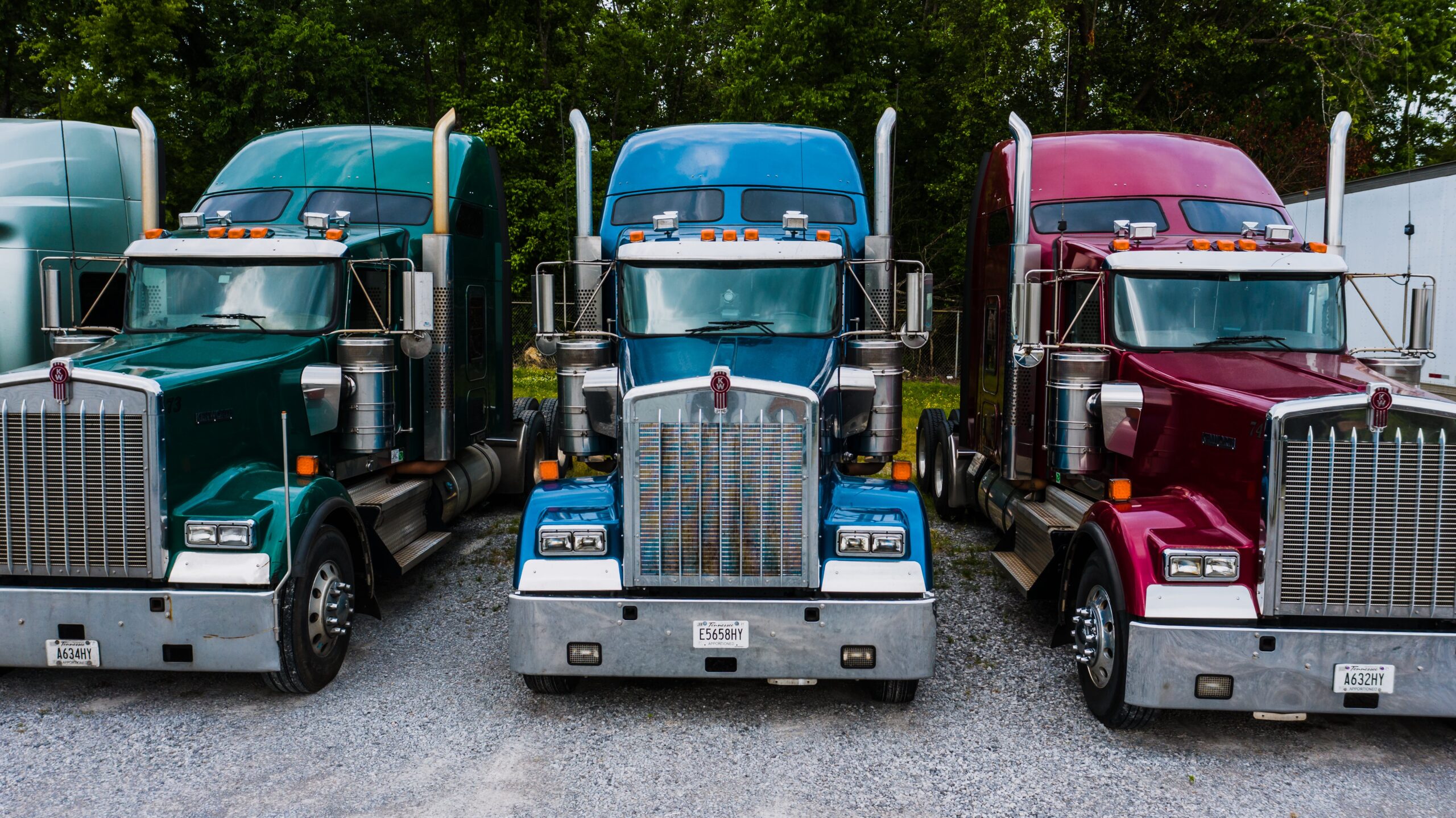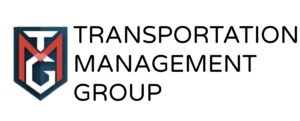Transportation Management Group
Budgeting Tips for Truckers: Managing Finances on the Road
Home / Blog
Budgeting Tips for Truckers: Managing Finances on the Road
- January 3, 2023

Life on the road as a trucker is a unique journey filled with adventure and challenges, and one of the critical aspects of navigating this lifestyle successfully is managing finances effectively. From fuel costs to maintenance expenses, the financial aspects of trucking require a strategic approach. In this extensive guide, we’ll explore budgeting tips tailored specifically for truckers, helping you not only survive but thrive financially on the open road.
Establish a Solid Financial Foundation
Create a Detailed Budget
The first step in mastering your finances as a trucker is to establish a detailed budget. Take the time to track your income and categorize your expenses. Include fixed costs like truck payments, insurance, and permits, as well as variable costs such as fuel, maintenance, and meals. A detailed budget provides a clear overview of your financial landscape, allowing you to make informed decisions.
Emergency Fund Essentials
Building an emergency fund is a crucial component of financial stability. As a trucker, unforeseen circumstances like breakdowns or unexpected expenses are part of the job. Strive to set aside a portion of your income each month to gradually build an emergency fund. Having this financial cushion can provide peace of mind and help you tackle unexpected challenges without disrupting your overall financial plan.
Explore Financial Apps and Tools
Consider using financial apps and tools tailored for truckers. Apps like Trucker Tools, KeepTruckin, or TruckLogics offer features such as expense tracking, income management, and real-time financial insights. These tools streamline the budgeting process and provide valuable data to make informed financial decisions on the go.
Track and Analyze Your Spending
Regularly review your spending patterns to identify areas where you can make adjustments. Understanding your financial habits allows you to make informed decisions about where to cut costs or allocate additional funds. This self-awareness is a key component of maintaining a healthy financial outlook on the road.
Set Financial Goals
Establish both short-term and long-term financial goals. Whether it’s saving for a truck upgrade, a home, or planning for retirement, having clear financial objectives provides motivation and a roadmap for your financial journey. Break down larger goals into manageable milestones to celebrate your progress along the way.
Optimize Fuel Costs
Embrace Fuel Efficiency Practices
Fuel costs are a significant portion of a trucker’s budget. Implement fuel-efficient driving practices such as maintaining a steady speed, avoiding excessive idling, and keeping your truck well-maintained. Regular maintenance checks, proper tire inflation, and reducing unnecessary weight in your truck all contribute to improved fuel efficiency, ultimately saving you money on the road.
Take Advantage of Fuel Discount Programs
Explore fuel discount programs offered by truck stops and various fuel card providers. Many companies provide discounts or cashback incentives for using their cards. Research and compare different programs to find the one that offers the most significant savings based on your typical routes and refueling locations.
Consider Alternative Fuels
Investigate alternative fuel options such as biodiesel or natural gas. While the initial investment in alternative fuel technology may seem daunting, the long-term savings and potential environmental benefits could outweigh the costs. Stay informed about government incentives or grants that might help offset the initial expenses.
Plan Efficient Routes
Strategically plan your routes to minimize fuel consumption. Utilize GPS systems or route planning apps that consider factors like traffic, elevation changes, and construction zones. By taking the most efficient routes, you not only save on fuel costs but also reduce wear and tear on your truck.
Smart Meal Planning for Savings
Embrace Homemade Meals
Eating out on the road can quickly add up. Consider investing in a small portable stove or a slow cooker for your truck. With a bit of creativity, you can prepare simple, cost-effective meals right in your cab. This not only saves money but also allows you to have more control over the nutritional content of your meals.
Take Advantage of Truck Stop Amenities
When dining out becomes necessary, choose truck stops that offer amenities like free showers with a certain fuel purchase or discounted meal options. Maximizing the benefits provided by truck stops can contribute to substantial savings over time.
Bulk Purchases and Non-Perishables
Plan your meals and snacks wisely by buying in bulk and opting for non-perishable items. Items like canned goods, rice, pasta, and dried fruits can be purchased in larger quantities, reducing the overall cost per meal. Look for sales or discounts at bulk stores to maximize your savings.
Explore Grocery Store Rewards Programs
Take advantage of rewards programs offered by grocery stores. Many chains provide loyalty cards that offer discounts or cashback on purchases. Use these programs to your advantage, especially when purchasing items for your truck-friendly meals. Over time, these savings can significantly impact your overall food expenses.
Minimize Maintenance Costs
Prioritize Preventative Maintenance
Preventative maintenance is a key strategy for minimizing unexpected breakdowns and costly repairs. Regularly inspect your truck for any signs of wear and tear, address minor issues promptly, and adhere to the recommended maintenance schedule. By investing in preventative measures, you can avoid more significant expenses down the road.
Build a Relationship with a Trusted Mechanic
Establishing a relationship with a reliable and trustworthy mechanic is invaluable for a trucker. A mechanic familiar with your truck’s history can provide more accurate diagnoses and may offer loyalty discounts. Building a partnership with a skilled mechanic contributes to long-term cost savings and enhances the overall reliability of your rig.
Consider DIY Repairs
Learn basic truck maintenance and repair skills to handle minor issues on your own. While it’s crucial to leave major repairs to professionals, being able to handle simple tasks like changing fluids or replacing filters can save you money on labor costs. There are various online resources, tutorials, and workshops that can help you acquire the necessary skills.
Leverage Technology for Financial Management
Utilize Budgeting Apps
In the digital age, there’s a multitude of budgeting apps designed to simplify financial management. Explore apps that cater specifically to truckers, offering features like expense tracking, income management, and budget visualization. These tools can provide real-time insights into your financial status and aid in making informed financial decisions on the go.
Go Paperless for Expense Tracking
Opt for paperless solutions for expense tracking. Digital receipts, expense scanning apps, and cloud-based storage systems can streamline your record-keeping process. Going paperless not only reduces clutter but also makes it easier to access and organize your financial documents from anywhere with an internet connection.
Invest in Telematics Systems
Telematics systems can provide valuable data on your truck’s performance, fuel efficiency, and maintenance needs. While there might be an initial investment, the insights gained from these systems can help you optimize your operations, leading to long-term savings on fuel and maintenance costs.
Conclusion
Effectively managing finances as a trucker requires a combination of strategic planning, smart choices, and leveraging available resources. By establishing a solid financial foundation, optimizing fuel costs, embracing smart meal planning, minimizing maintenance expenses, and leveraging technology for financial management, you can navigate the financial aspects of the trucking lifestyle with confidence.
Remember, a well-managed budget not only ensures the financial health of your trucking career but also contributes to a more enjoyable and sustainable life on the open road. Here’s to financial success and smooth travels ahead!
